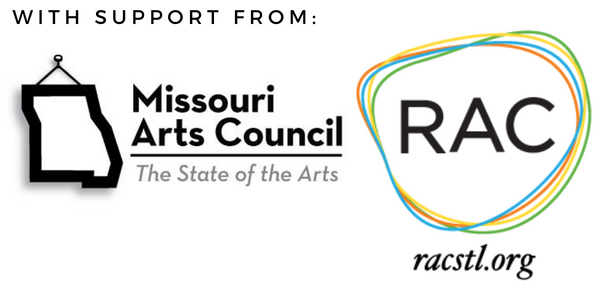What relevance has a piece like The Mikado in 2016’s cultural landscape?
The Mikado presents a challenge to modern companies and their audiences. How should we approach its apparent racial stereotypes? Do these stereotypes mean The Mikado deserves to fall out of the repertoire? I don’t think so. What The Mikado deserves today is a careful—make that a very careful—treatment of its text and a sensitive redirection of its joking away from Japanese culture and onto the British people Gilbert and Sullivan intended to satirize.
It is important to realize that The Mikado is at its core a critique of Victorian England’s absolutely gaga reaction to the Asian Exhibition in London. Gilbert and his partner Sullivan were cutting-edge satirists; their works jabbed at the British government, the British establishment, the British monarchy, and the British military.
I’m thrilled to be directing this show for Union Avenue Opera, having staged many productions of The Mikado throughout my career. UAO has asked me to stage this production with a different flair. We’re going to set it in the 1920’s in a Japanese-inspired tea house in the fictional town of Titipu. Bowing? It will be as the British bowed to each other. You may see Japanese-inspired dressing gowns and scenery, but these visual references will be made out of respect for the beauty of Japanese culture.
We’re also updating the libretto to focus on St. Louis-based humor, and the texts of many of the patter songs will be topical and focused on national politics and St. Louis proper. We’re taking the best parts of The Mikado and adding them to our “theatrical living room.”
I have no doubt that this production will NOT satisfy everyone. But I challenge critics of The Mikado to trust us to create a thoughtful adaptation of the work that foregoes the crass mockery some shows have used as a basis for humor and instead respectfully draws on the positive influences of Japanese culture. UAO has chosen the right people for this production: Gilbertian experts who will point the production back to its intended purpose—to poke fun at the English.
Surely a work with the staying power of The Mikado deserves to evolve with its audience.
Best,
Eric Gibson












